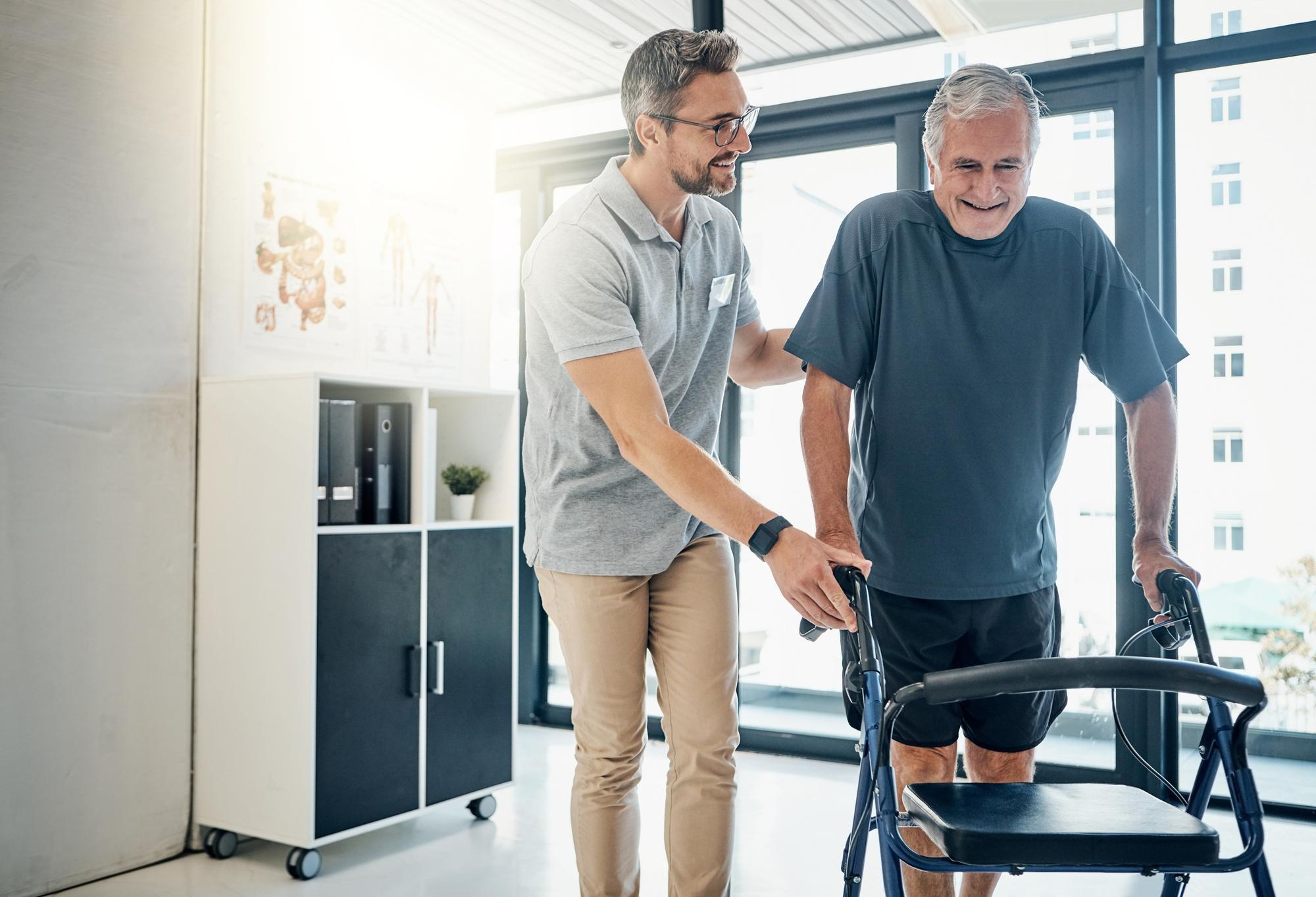
Mobility and Independence are the unsung heroes of our daily routines, quietly empowering us to move, act, and live freely. However, when these essential elements are compromised, the impact on an individual’s life can be profound.
As a Physiotherapist, I have had the privilege of witnessing the resilience and determination of those facing the loss of mobility and independence and helping them towards a better tomorrow. This perspective offers a unique insight into the physical, emotional, and psychological journey of regaining control over one’s life.
Understanding the Impact
Loss of mobility can stem from various sources: injury, illness, or long standing conditions. This often leads to a domino effect, affecting not only the physical capabilities but also the emotional well-being and mental health of individuals. The frustration of relying on others for simple tasks can be overwhelming, leading to feelings of helplessness and a diminished sense of self-worth.
For many, the loss of independence can be as debilitating as the physical limitations themselves. The ability to perform daily activities without assistance—getting dressed, cooking, or even moving around the house—becomes a distant memory. This shift can lead to social isolation, as individuals may feel reluctant to engage in social activities.
The Role of Physiotherapy
Physiotherapy is not just about exercises and physical rehabilitation; it’s about restoring hope and rebuilding lives. As Physiotherapists, our role extends beyond the clinical setting. We become educators, motivators, and allies in our clients’ journeys. Our approach is holistic, addressing not only the physical aspects but also the emotional and psychological challenges that accompany the loss of mobility and independence.
1. Assessment and Goal Setting
o The first step in Physiotherapy is a comprehensive assessment to understand the extent of the cause and its impact on the individual’s life. This assessment forms the foundation for setting realistic and achievable goals. These goals are not just about regaining movement but also about restoring independence and improving quality of life.
2. Customised Treatment Plans
o Each individual’s journey is unique, and so are their treatment plans. We tailor our interventions to address specific needs, focusing on improving strength, flexibility, balance, and coordination. These plans often include a combination of exercises, manual therapy, and assistive devices.
3. Empowerment Through Education
o Knowledge is empowerment. We educate our patients about their conditions, treatment options, and self-management strategies. This education fosters a sense of control and involvement in their own recovery process.
4. Emotional Support and Encouragement
o The journey to regain mobility and independence is often long and challenging. Providing emotional support and encouragement is crucial. We celebrate small victories and provide motivation during setbacks, fostering a positive and resilient mindset.
Adapting to New Realities
Adapting to a new reality involves embracing changes and finding new ways to maintain independence. This might mean modifying the home environment, utilising adaptive equipment, or learning new techniques to perform daily activities. Physiotherapists play a pivotal role in guiding individuals through these adaptations, ensuring they feel confident and capable.
Building a Support Network
Rehabilitation is not a solitary journey. Building a support network of family, friends, and healthcare professionals is essential. This network provides the emotional and practical support needed to navigate the challenges and triumphs of the recovery process.
While the loss of mobility presents significant challenges, it is possible to build resilience and lead a fulfilling life. Through a combination of physical rehabilitation, emotional support, and adaptive strategies, individuals can regain a sense of control and independence. As a physiotherapist, our goal is to empower people to overcome these obstacles and thrive despite the limitations.
Gold Standard Exercises To Do At Home
Wellbeing : Tips for a Successful Ramadan
Wellbeing : Loss of Mobility & Independence
